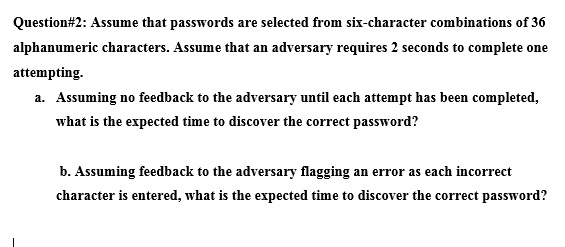

Without this restriction, the size of the vocabulary might be artificially inflated-for example, a long document with numbered paragraphs could contain hundreds of thousands of different integers-which negatively affects certain technical aspects of the indexing procedure. Another practical rule of thumb is to limit numbers that appear in the text to a far smaller size-perhaps four numeric characters, so that only numbers less than 9,999 are indexed. Usually some large limit is placed on the length of words-perhaps 16 characters, or 256 characters. A word is a sequence of alphanumeric characters surrounded by white space or punctuation.

Nichols, in How to Build a Digital Library (Second Edition), 2010 Word segmentationīefore an index is created, the text must first be divided into words. But my hope is this has enough variations so folks can adapt from here as needed.Ian H. Note, in these regexes, the char set for a letter is the standard English 26 character alphabet without any accented characters. ^\S+.*\S+$/ // (optional) first and last character are non-whitespace) Added a second option that disallows leading/trailing spaces (avoid potential issues with pasting with extra white space, for example). Here's some options:Īs discussed above - 1 number, 1 letter (upper or lower case) and min 8 char. I agree that often this won't be done as a single regex but rather a series of small regex to validate against because we may want to indicate to the user what they need to update, rather than just rejecting outright as an invalid password.

And since it will definitely be hashed, we have no concerns over a max length, and should be able to eliminate that as a requirement. Rather, any characters should be accepted, and then validate on minimum length and complexity (must contain a letter and a number, for example). That means we should not specify the exact characters allowed (as per the 4th bullet). First, we should make the assumption that passwords are always hashed ( right? always hashed, right?).


 0 kommentar(er)
0 kommentar(er)
